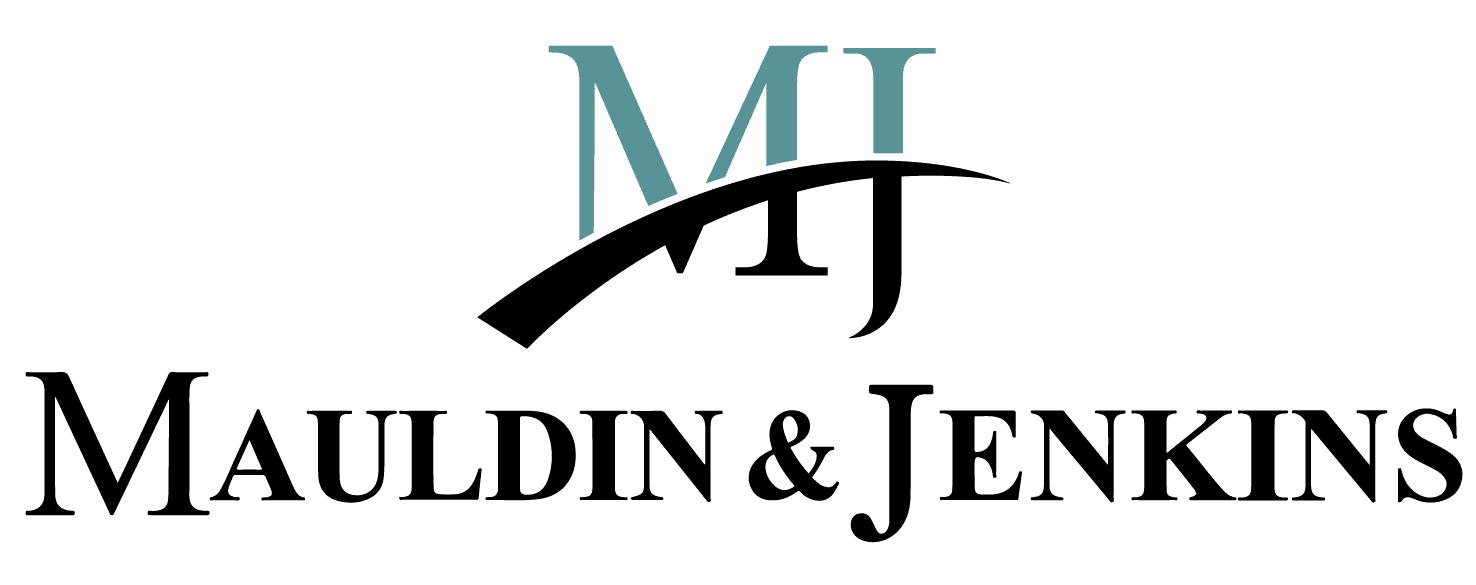The Financial Accounting Standards Board (FASB) met on February 15, 2023, to discuss comments on the proposed Accounting Standards Update the board issued in November of 2022, Leases (Topic 842): Common Control Arrangements. Following review of the feedback, FASB voted on two lease accounting issues that will be codified when Topic 842 is issued in final form.
Issue 1
The first issue was the previously proposed relief plan for some nonprofits and private entities under common control, such as a parent organization and its subsidiaries. The board voted to stick with the proposal in the forthcoming ASU, so the simplified compliance approach in the November proposal will be adopted as currently written.
It allows NFPs and private entities that have leases between commonly controlled entities to use written terms and conditions as a workaround to help determine whether an enforceable lease arrangement is in place and apply Topic 842.
FASB describes this policy as a “practical expedient” and smaller organizations will no doubt welcome the decision, as Topic 842 requires complex analysis to determine whether an enforceable lease exists as part of a control arrangement. If there is a written control arrangement with conditions necessary for a lease, these organizations can apply Topic 842 based on the written terms and conditions. However, leaders should note that this practical expedient is not allowed in the absence of written terms and conditions for the arrangement.
Issue 2
The second issue relates to accounting for improvements made to properties that are under a common control lease. Here, the board decided to change current accounting standards and adopt a new rule that will apply to public, private and nonprofit organizations.
Amortization of leasehold improvements should occur over their “useful life” under the updated lease accounting standard. A useful life amortization schedule applies without consideration of the lease terms, as long as the common control lease group uses the property throughout the term of the lease. This marks a change from existing standards; under current rules amortization follows the lease term if it is shorter than the useful life of the improvements to the property.
Next steps
In addition to the two issues described above, FASB set an effective date for the new standard of fiscal years beginning after December 15, 2023. Early adoption is allowed, but don’t jump the gun; adoption is never permitted before the date the ASU is formally issued. FASB expects to do this before the end of March 2023.
While public companies have been subject to ASC 842 for some time, many private businesses and nonprofit organizations are only now transitioning to the new standard. The recent decisions should help to reduce the legal costs that entities encounter as they make the changes needed to fully comply with Topic 842.
These two latest FASB decisions are intended to provide simplification of related party leases, but don’t worry if all of this just makes your head spin – it should! Lease accounting is a notoriously complicated financial topic, even for CPAs. It is critical for business and nonprofit leaders to seek expert professional guidance and support as your organization and in-house accounting team transition to the updated standard. Contact your Mauldin & Jenkins advisor for knowledgeable guidance and help with Topic 842 and all your other lease accounting challenges.




